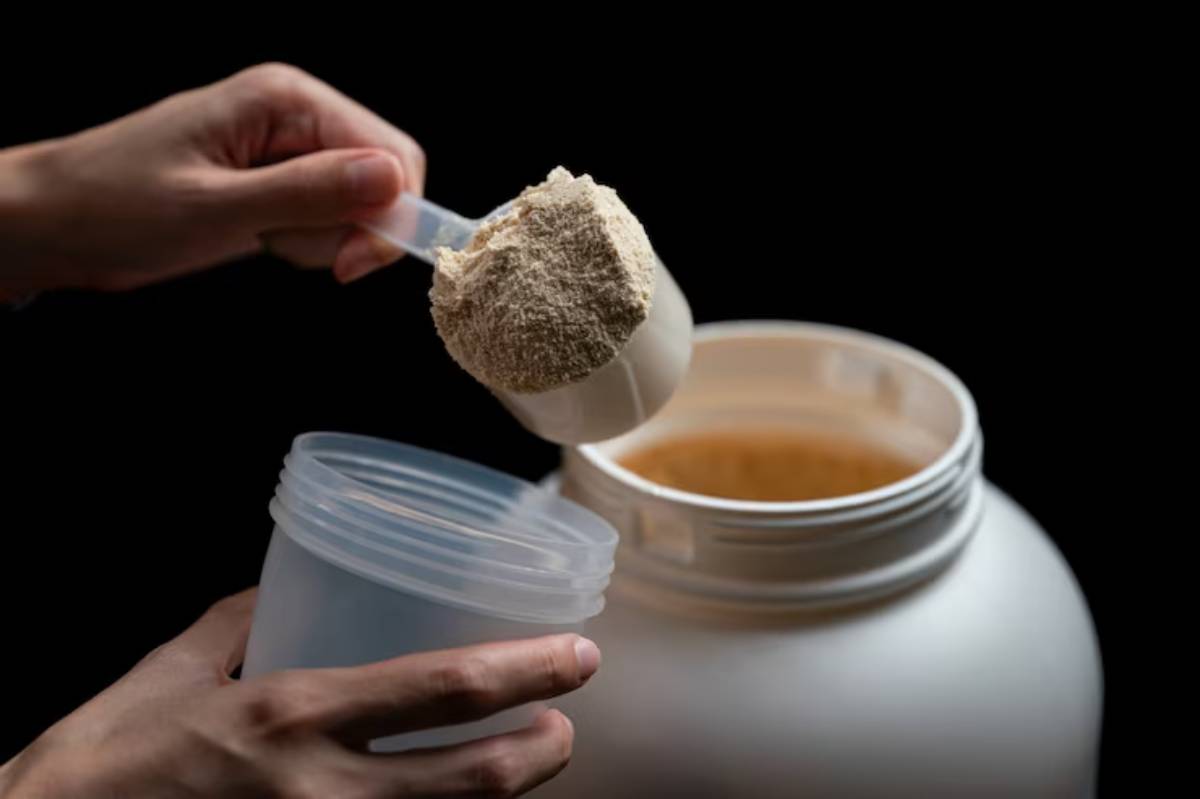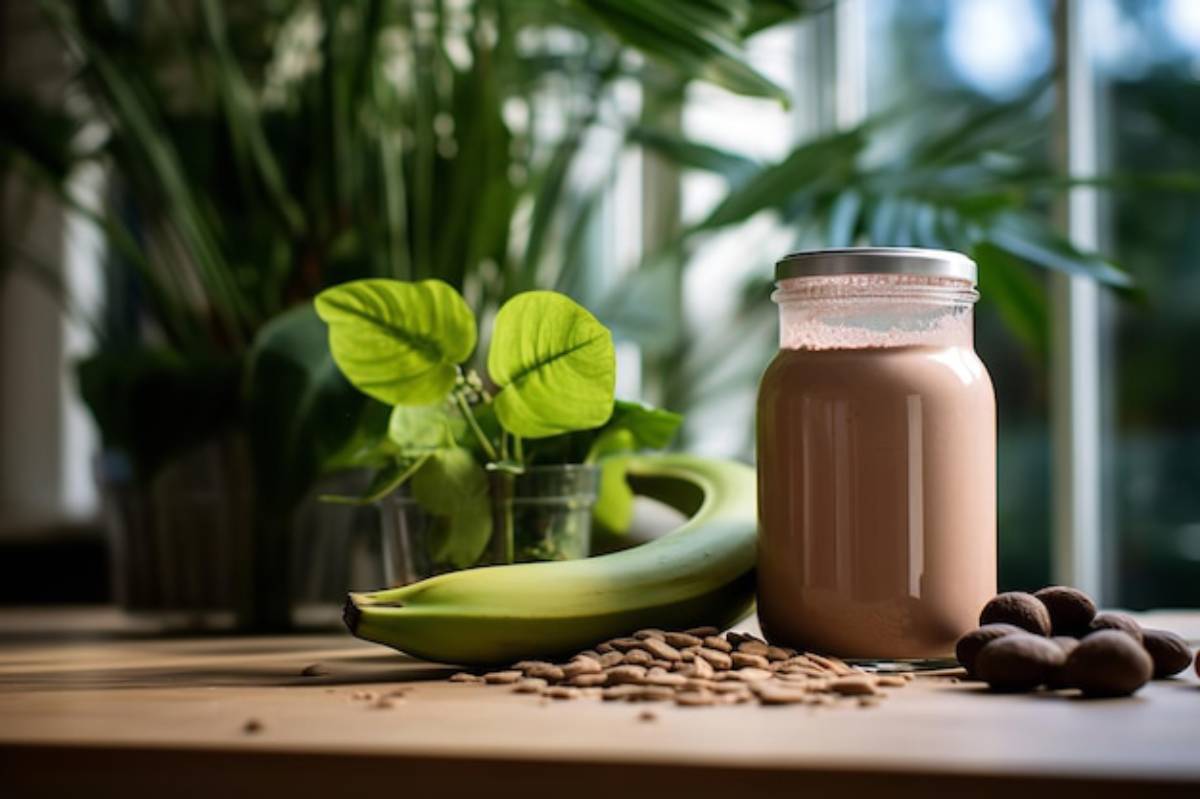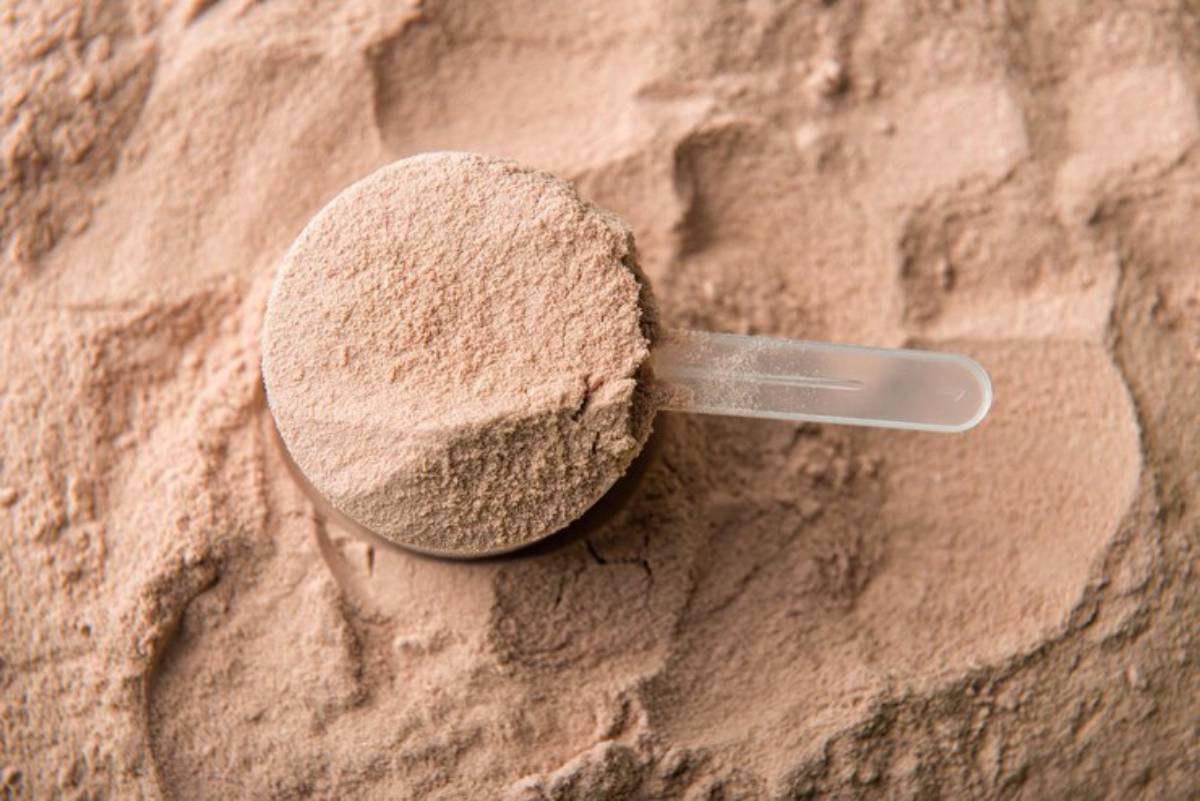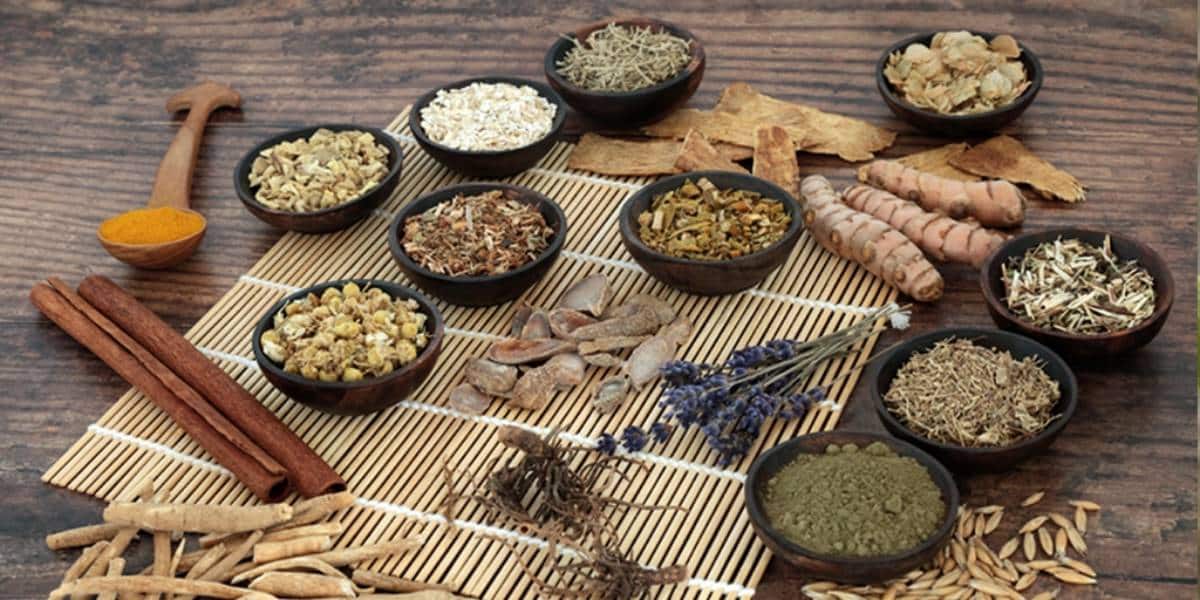
Adaptogens for Strength and Hormone Balance
You’re training hard, eating clean, and supplementing wisely. Yet something still feels off. Maybe it’s sluggish recovery, inconsistent strength, or unshakable fatigue. If this sounds familiar, your issue may not be with your macros or lifts, but with your hormones and stress levels.
Enter adaptogens a class of natural substances that help the body adapt to physical, emotional, and hormonal stress. While adaptogens have roots in ancient medicine, modern science is uncovering their profound impact on strength training, recovery, and hormonal balance.
In this article, we’ll dive into how adaptogens like ashwagandha and rhodiola can elevate your performance, support testosterone, and enhance overall resilience. You’ll learn which adaptogens are worth your attention, how they function, and how to weave them into your daily training routine.
What Are Adaptogens?
Natural Stress Modulators
Adaptogens are a unique class of herbs and natural compounds that help the body maintain homeostasis during periods of stress. Unlike stimulants, which offer short-lived energy spikes, adaptogens support your body’s baseline resilience.
- Regulating cortisol (the stress hormone)
- Balancing neurotransmitters and sex hormones
- Supporting adrenal health and nervous system stability
Think of them as your body’s stress thermostat — helping you stay cool when life or training gets hot.
Common Characteristics:
- Non-toxic in normal doses
- Produce a normalising effect on body functions
- Support multiple body systems simultaneously
Why Strength Athletes Need Hormone Balance
Hormones Drive Gains
Whether your goal is fat loss, muscle gain, or performance, hormones rule the game. Testosterone, growth hormone (GH), and cortisol dictate how your body.
- Builds and retains muscle
- Stores and uses fat
- Recovers between sessions
- Handles sleep and stress
The Cortisol Conundrum
Too much cortisol (from training, work, or lack of sleep) can suppress testosterone, increase fat storage, and break down muscle tissue. Managing stress isn’t soft — it’s smart training science.
Adaptogens help you buffer this hormonal chaos and restore balance for long-term strength and progress.
Ashwagandha: The King of Adaptogens
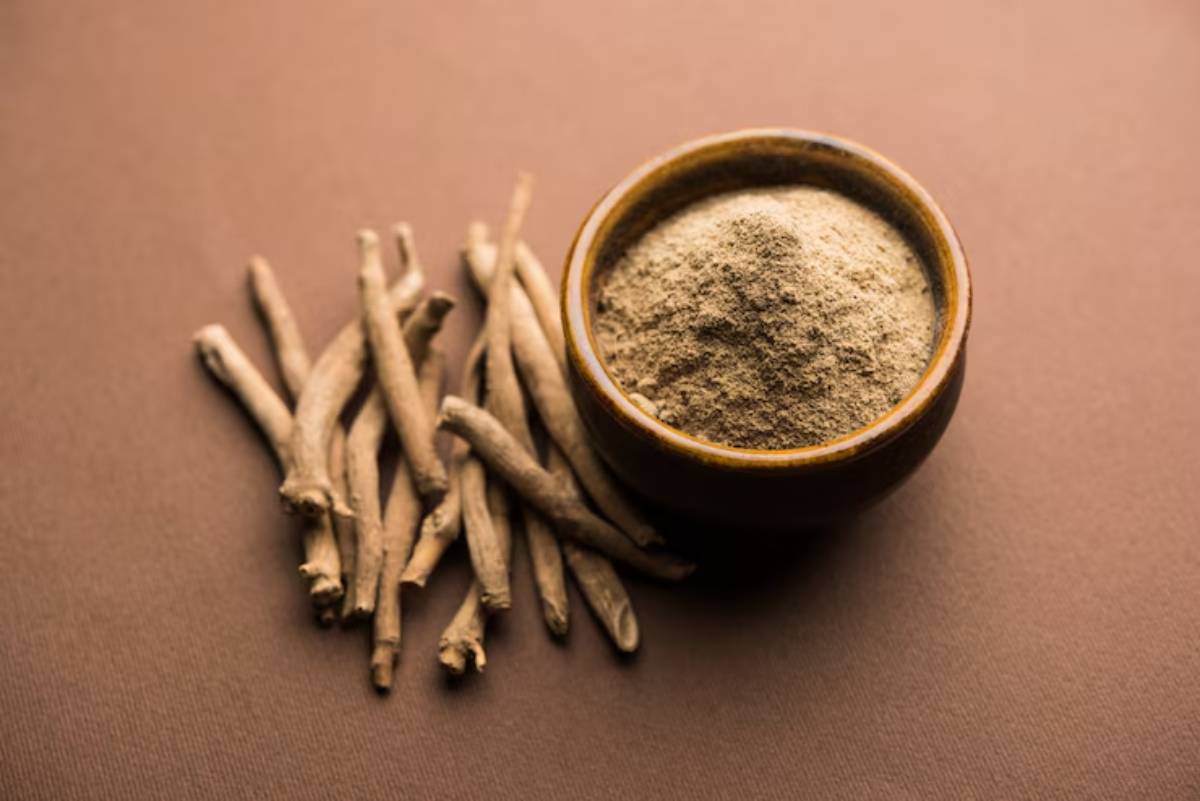
What It Is
Ashwagandha (Withania somnifera) is an Ayurvedic herb used for centuries to boost vitality and strength.
Strength and Muscle Benefits
- Increases muscle mass and strength
- Enhances anaerobic performance
- Lowers exercise-induced stress
Hormonal Impact
- Reduces cortisol by up to 30%
- Boosts testosterone in stressed or infertile men
- Improves thyroid function and overall hormonal homeostasis
Key Research
A study in The Journal of the International Society of Sports Nutrition (2015) found that resistance-trained men taking ashwagandha for 8 weeks gained significantly more strength and muscle than placebo.
Dosage and Use
- Daily dose: 500–600 mg of a high-concentration extract (e.g., KSM-66)
- Best time: Morning or post-workout
Rhodiola Rosea: The Endurance Enhancer
What It Is
Rhodiola is a flowering herb native to cold regions, used for mental stamina, physical performance, and stress resilience.
Strength & Stamina Benefits
- Reduces fatigue and boosts energy
- Supports aerobic endurance
- Enhances mental focus under stress
Hormonal Support
- Regulates cortisol levels
- Supports dopamine and serotonin balance
- Aids in fatigue recovery post-training or competition
Key Research
A study in Phytotherapy Research showed Rhodiola supplementation improved endurance exercise capacity and reduced perceived exertion in young men.
Dosage and Use
- Daily dose: 200–400 mg (standardised to 3% rosavins)
- Best time: 30 minutes before training or in the morning
Other Notable Adaptogens for Athletes
1. Panax Ginseng
- Boosts immune function and energy
- Supports mental clarity
- May improve exercise capacity and recovery
2. Holy Basil (Tulsi)

- Reduces cortisol and blood sugar
- Supports immune resilience
- Enhances mood and sleep quality
3. Cordyceps
- Improves oxygen uptake and VO₂ max
- Enhances ATP production
- Popular in endurance and high-altitude athletes
4. Eleuthero (Siberian Ginseng)
- Improves reaction time and alertness
- Supports adrenal recovery
- Useful in overtraining syndromes
How Adaptogens Support Testosterone
Adaptogens are not testosterone boosters in the traditional sense. Instead, they create a hormonal environment where testosterone can flourish by:
- Reducing cortisol, which otherwise suppresses T production
- Supporting pituitary function, crucial for testosterone signalling
- Improving sleep quality, a major driver of hormonal recovery
- Enhancing recovery, allowing for consistent training without burnout
Analogy: Think of adaptogens not as the fuel, but as the oil keeping your hormonal engine running smoothly.
Read How Zinc, Magnesium, and D-Aspartic Acid Aid Gains.
Sample Adaptogen Stack for Strength and Hormone Balance
| Time | Supplement | Purpose |
| Morning | Rhodiola (200–400 mg) | Energy, endurance, focus |
| Post-Workout | Ashwagandha (600 mg) | Recovery, cortisol reduction |
| Evening | Holy Basil Tea or Capsule | Relaxation, sleep,and hormonal balance |
| Optional | Cordyceps (pre-training) | Oxygen delivery, stamina |
Real-Life Testimonials
Jake (35, Powerlifter)
“Ashwagandha helped me control anxiety and sleep better during heavy blocks. My squat finally moved past a plateau.”
Lina (29, HIIT Enthusiast)
“Rhodiola made a noticeable difference in my endurance and mental clarity. I feel less wiped out after sessions.”
Mark (42, Executive & CrossFitter)
“Between stress at work and training, I was burnt out. A combo of ashwagandha and cordyceps helped me bounce back fast.”
Tips for Effective Adaptogen Use
- Cycle Your Doses
- 6–8 weeks on, 1–2 weeks off
- Prevents tolerance and maintains effectiveness
- Pair with Other Recovery Strategies
- Sleep, hydration, mobility, and nutrition
- Quality Over Quantity
- Use standardised extracts from reputable brands
- Track Your Response
- Note changes in energy, recovery, libido, and focus
- Don’t Replace Basic Recovery
- Adaptogens enhance, not replace, rest and food
Conclusion: Build Resilience from the Inside Out
In the gym, we focus on reps, sets, and intensity. But outside the gym, our ability to recover, adapt, and regulate hormones determines how much progress we can sustain. That’s where adaptogens shine.
Whether you’re a serious strength athlete or a weekend warrior, adaptogen supplements like ashwagandha and rhodiola offer a natural, science-backed edge. They won’t replace hard work, but they can make your hard work go further.
Start small. Track your changes. And build a resilient, high-performing body that’s strong inside and out.
What’s in Your Adaptogen Stack?
Have you tried ashwagandha for bodybuilding or rhodiola for strength support? What’s worked for your recovery?
Share your go-to adaptogens in the comments, and don’t miss Top Natural Testosterone Boosters That Work for a full hormonal optimisation plan.
Subscribe for more science-driven supplement tips, recovery hacks, and training strategies that actually work.
